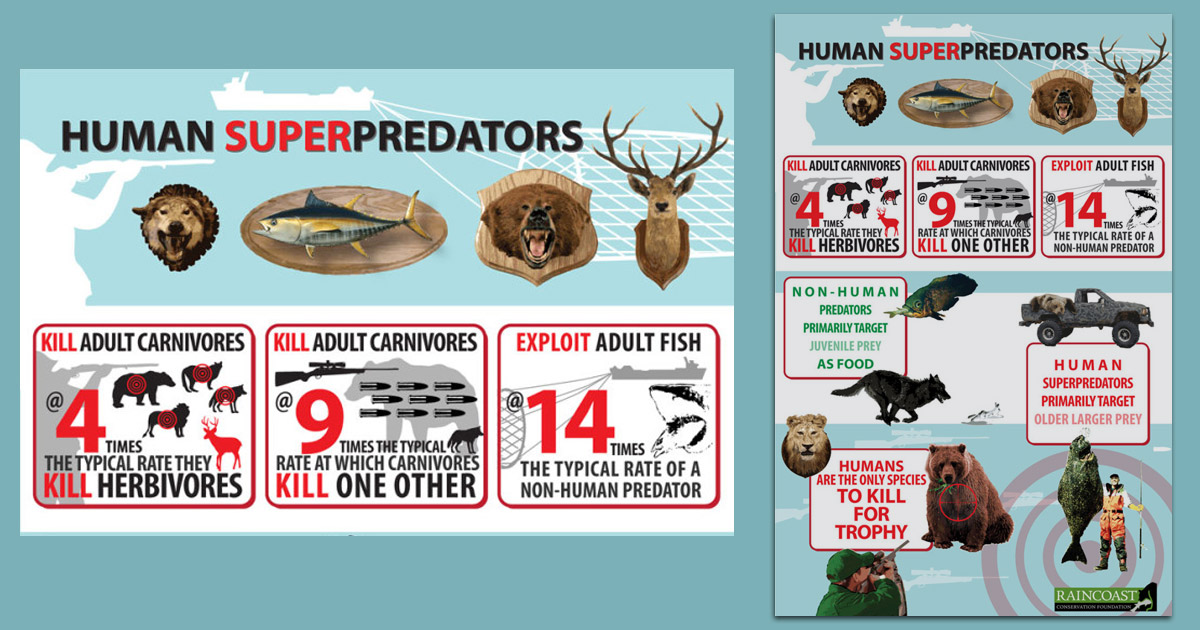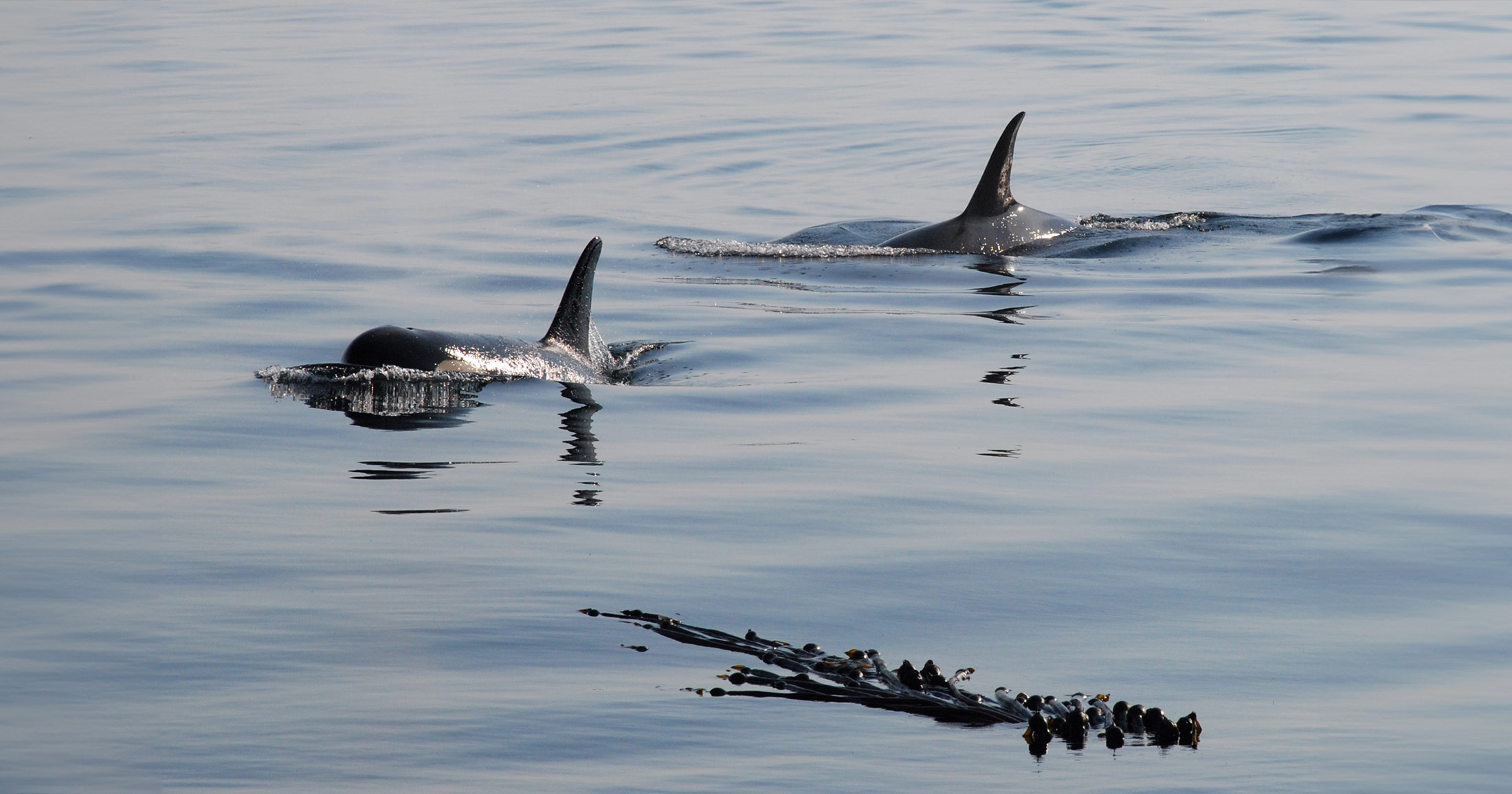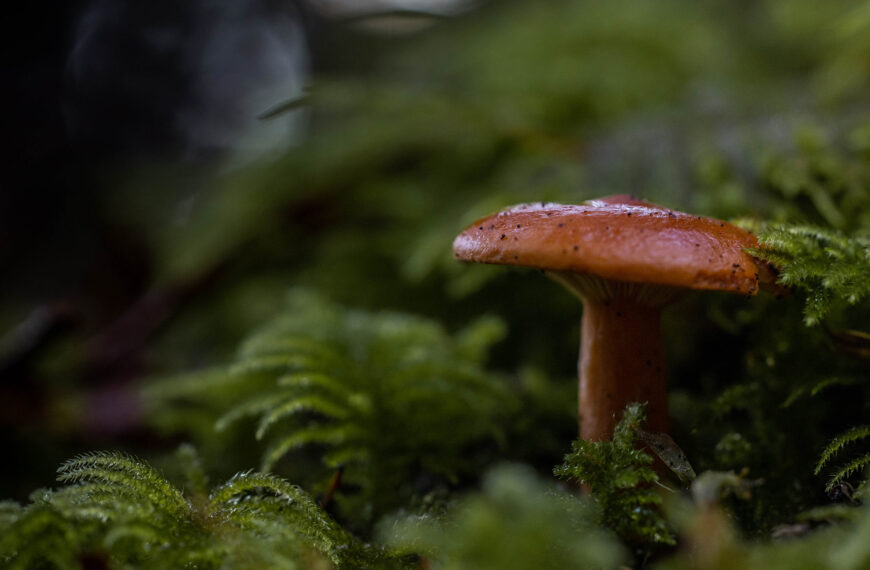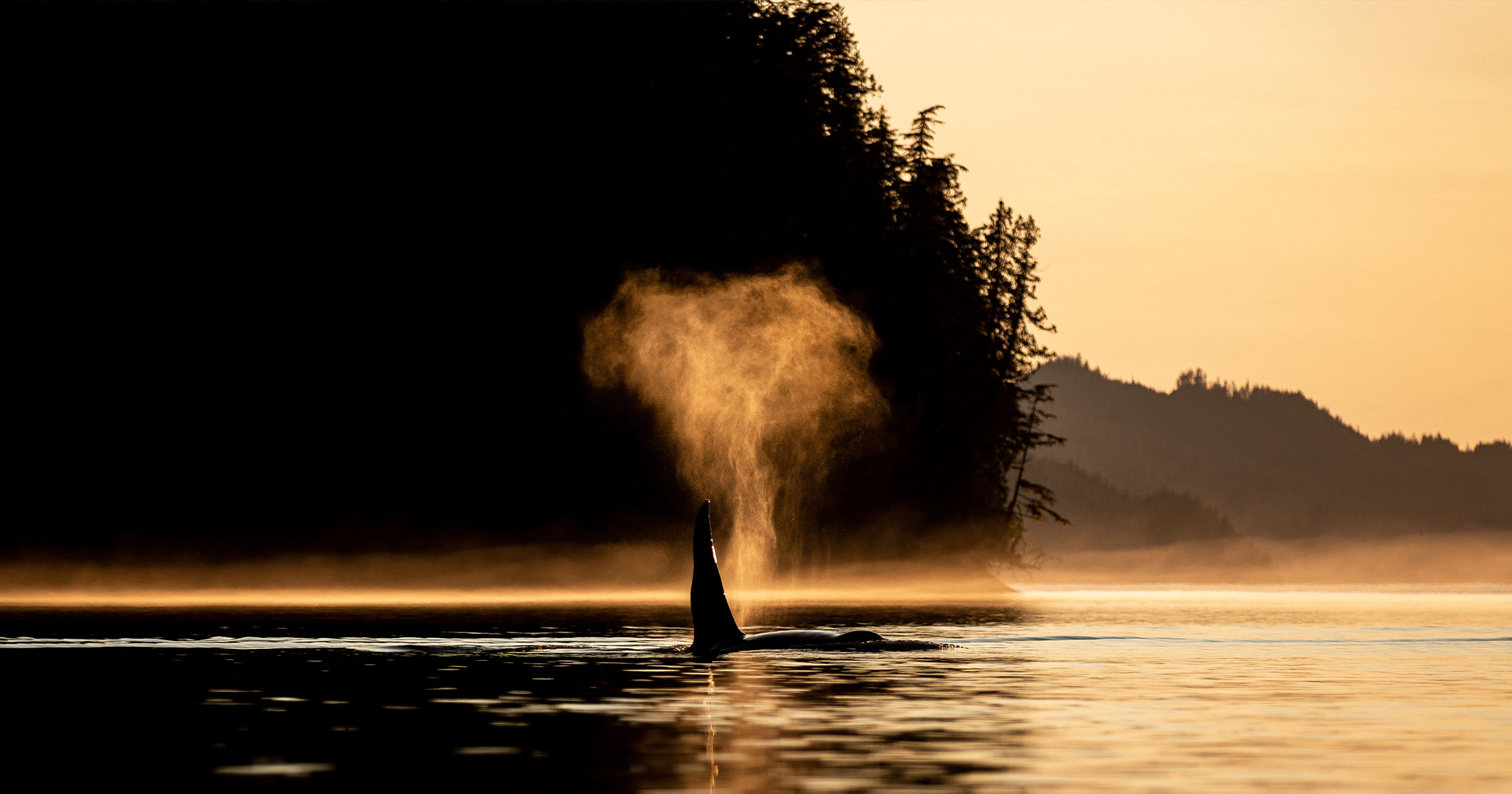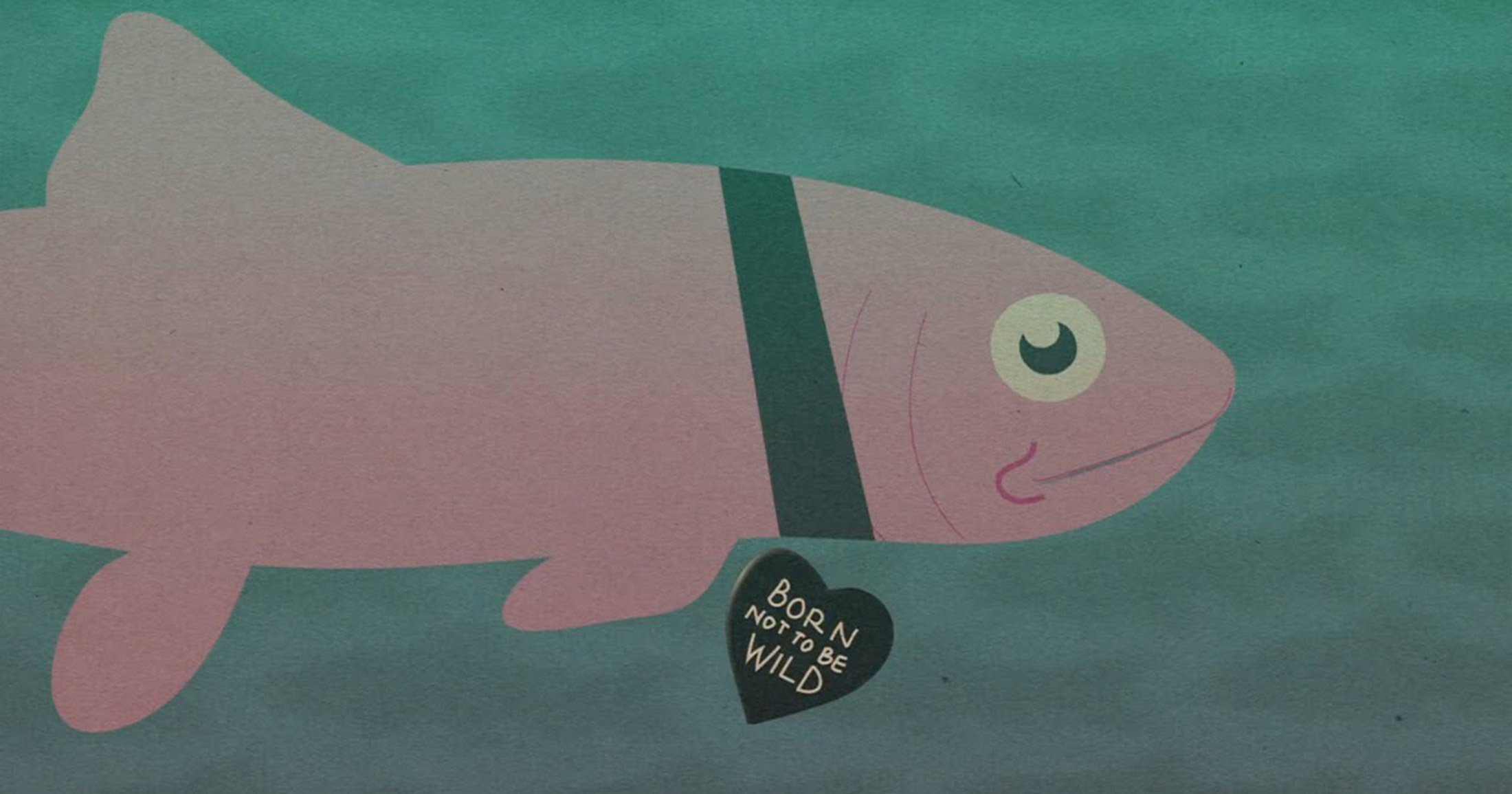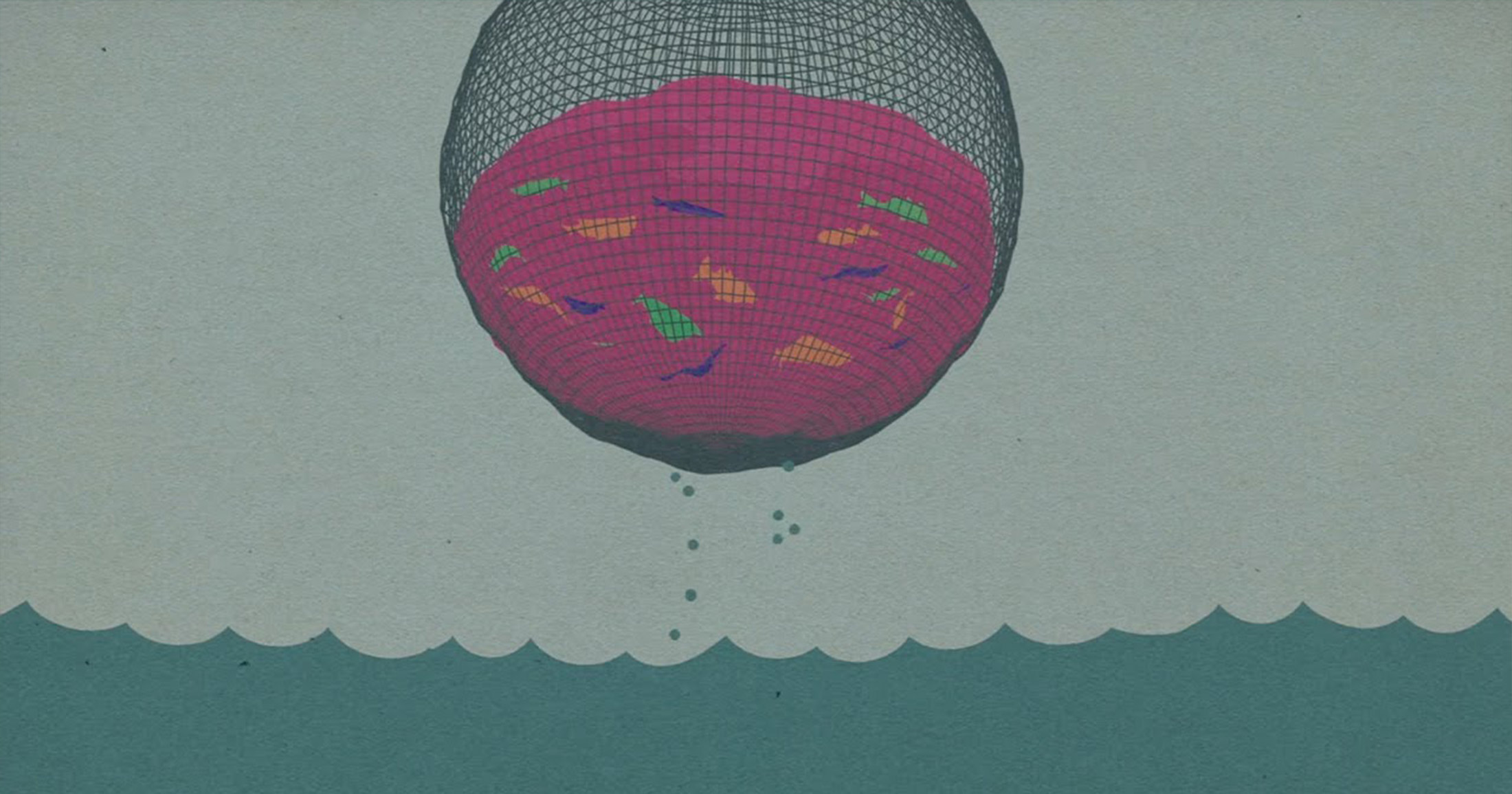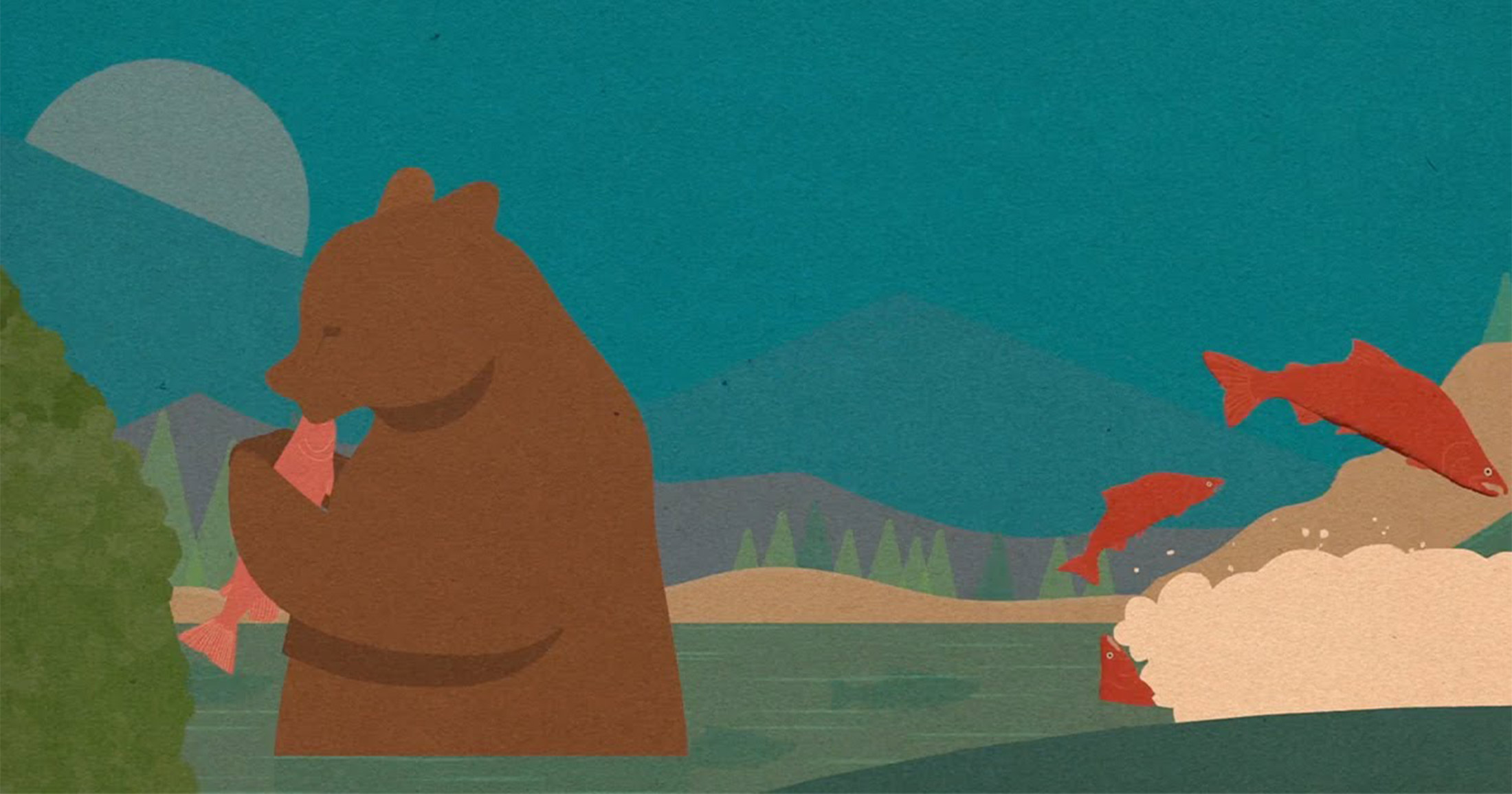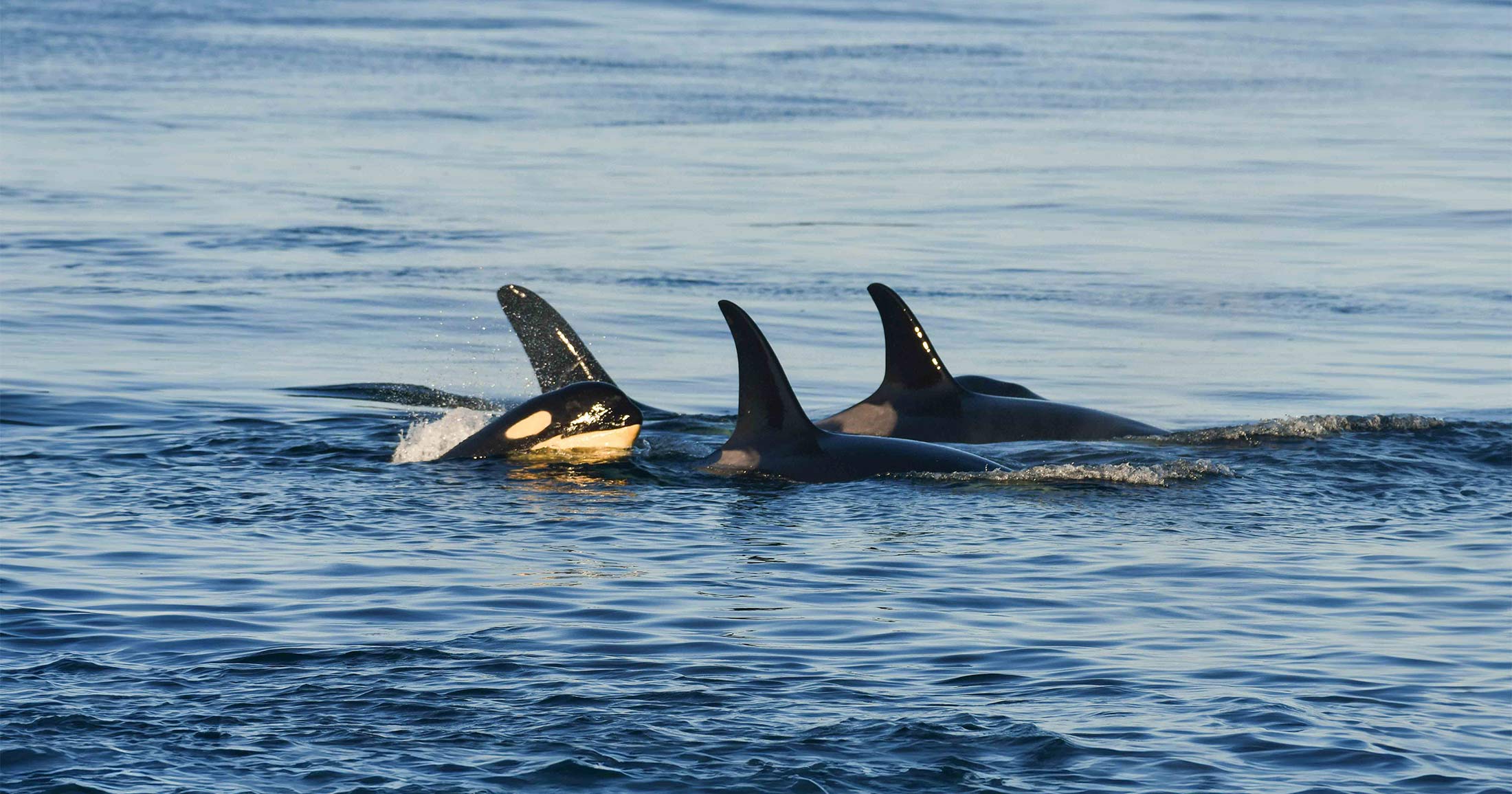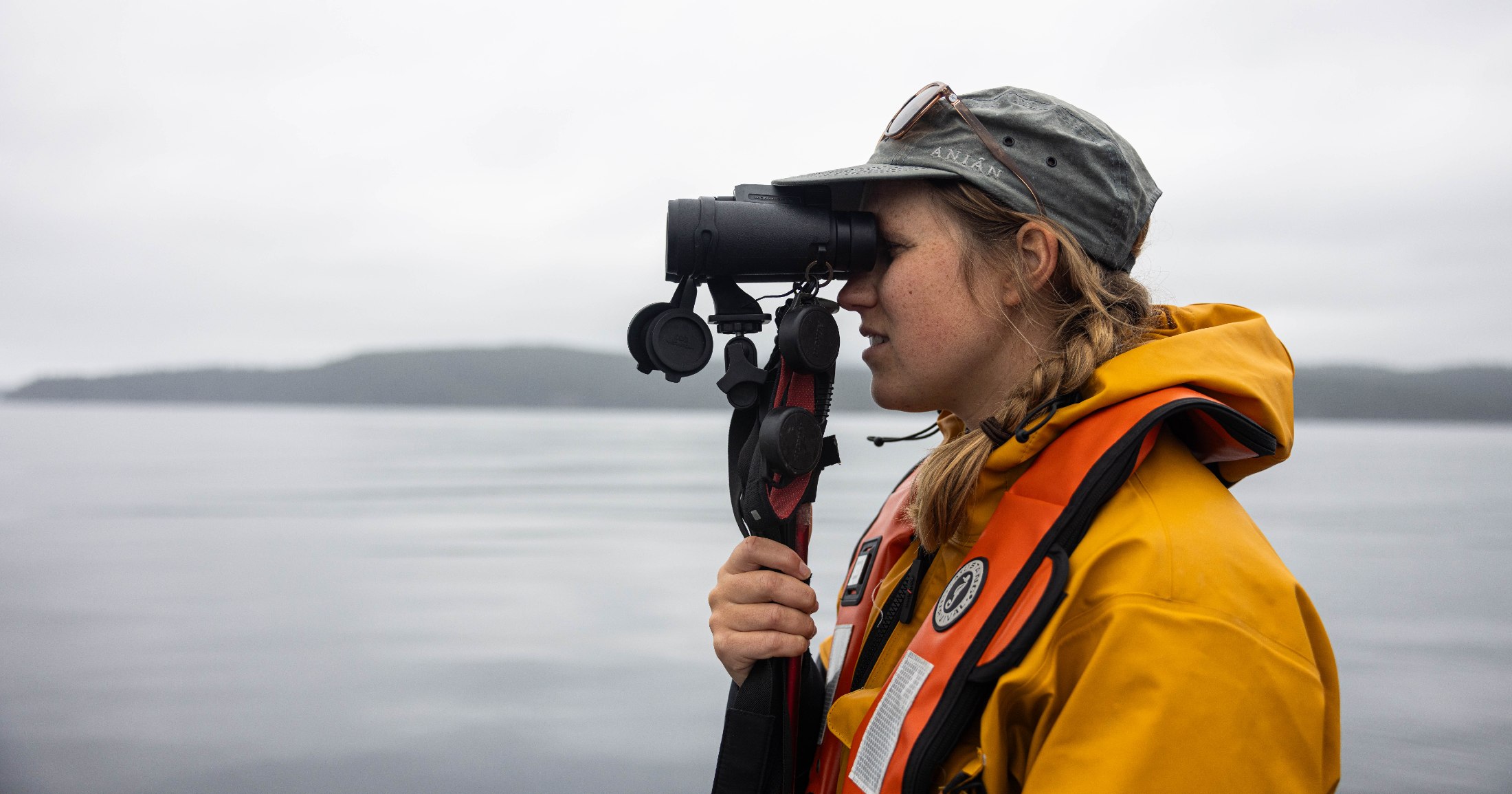The human super predator revealed
Hunters and fishers dominate exploitation of the world’s prey.
Reporting in this week’s Science, researchers from the Raincoast Conservation Foundation, University of Victoria (UVic), and the Hakai Institute identify humans as the planet’s super predator and suggest a paradigm shift in resource management.
Drawing on data from more than 300 studies, the global meta-analysis shows that fisheries typically exploit adult fish at rates 14 times greater than do natural (non-human) predators of the ocean. Although human hunters on land kill adult herbivores (like deer) at similar rates to predators, only humans turn large carnivores into highly-exploited prey, killing them at 9 times the rate of other predators. Hunters, who primarily kill carnivores for trophy and competitive reasons, rather than for food, exploit carnivores at rates 3.7 times higher than they exploit herbivores.

Ecosystems around the world increasingly show signs of humanity’s predatory dominance. “Our wickedly efficient killing technology, global economic systems, and resource management that prioritizes short-term benefits to humanity have given rise to the era of the human super predator” says Dr. Chris Darimont, science director for Raincoast and Hakai-Raincoast professor at the University of Victoria. “Our impacts are as extreme as our behaviour as predators, and increasingly humanity bears the burden of our predatory dominance.”
“Whereas marine predators primarily target the juveniles or ‘reproductive interest’ of populations, humans draw down the ‘reproductive capital’ by exploiting adults”, says Dr Tom Reimchen, professor at the University of Victoria and Raincoast science advisor. The findings emerged from four decades of Reimchen’s predator-prey research at a remote field site on Haida Gwaii. There, freshwater fish, overwhelmingly juveniles, are killed by larger fish and diving birds. Collectively, 22 predator species took no more than 2% of the adult fish as prey. Nearby, Reimchen noted, fisheries targeted adult salmon, taking 50% of the runs or more.
Darimont identifies the trophy hunting of carnivores in B.C. as high profile regional examples of how deviant humans are as predators. “Although grizzlies, wolves, and cougars occasionally kill one another, it’s rare. They have not evolved as prey. More enlightened wildlife management would recognize that this reality can make carnivore hunting risky business”.
The authors argue that, as super predators, human hunters and fishers operate beyond the limits of natural systems. To restore balance, managers can use exploitation rates by natural predators – true models of sustainability – as guidance. “Shifting our focus to juvenile prey and limiting exploitation of adults would require cultural, economic, and institutional change as pronounced as those that provided the advantages humans developed over prey and competitors,” says Dr. Heather Bryan, Hakai postdoctoral fellow at UVic and Raincoast biologist.
“This means, for example, cultivating appreciation for terrestrial carnivores and new approaches to exploitation in the oceans”, says Dr. Caroline Fox, postdoctoral fellow with Raincoast and the University of Victoria.
Considering the state of salmon and herring populations in B.C. and the controversial trophy hunt of grizzly bears, Darimont is keen for the lessons from nature to be considered here in B.C. “We envision a bold transformation in resource management. Mimicking the predation rates by non-human predators could be the key to sustainability”.

Read the paper on Science Magazine.
http://www.sciencemag.org/content/349/6250/858.abstract
To ensure Raincoast Conservation Foundation can continue our science programs and protect the wildlife on our coast, please make a donation or become a member today. For as little as $10 a month, you can join us in our mission.

Support our mobile lab, Tracker!
Our new mobile lab will enable the Healthy Waters Program to deliver capacity, learning, and training to watershed-based communities. We need your support to convert the vehicle and equip it with lab instrumentation. This will allow us to deliver insight into pollutants of concern in local watersheds, and contribute to solution-oriented practices that protect and restore fish habitat.


